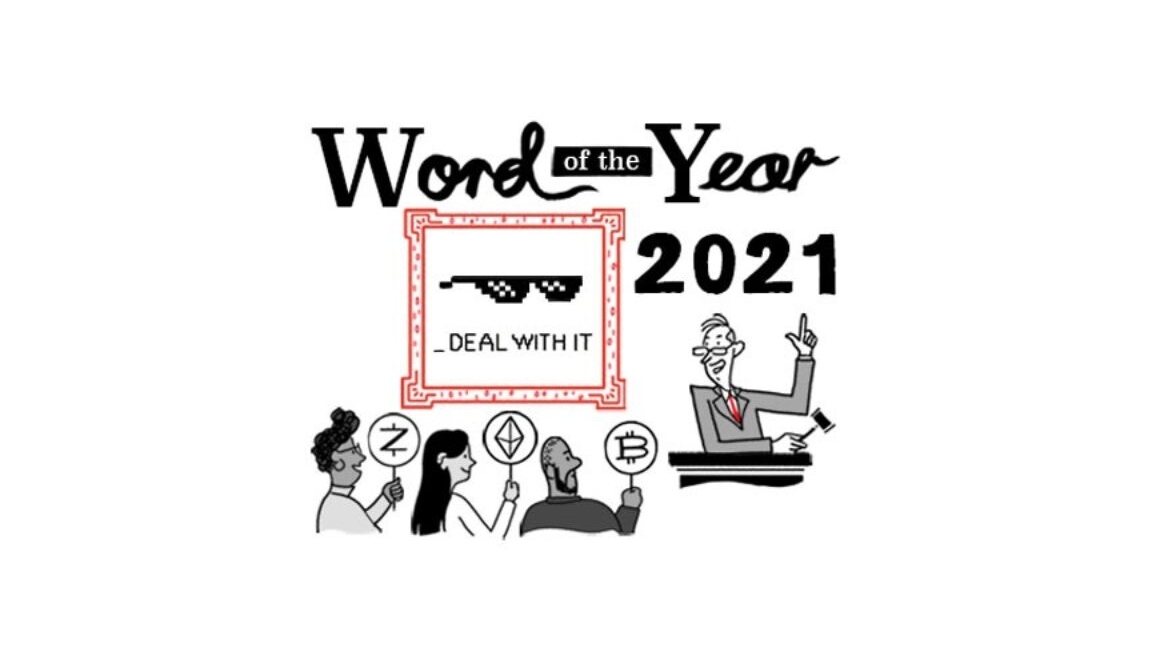Collins Dictionary has announced its word of the year for 2021: NFT. (Apparently “word” can also mean “initialism,” at least when it comes to dictionaries resorting to end-of-year clickbait.)
NFT stands for non-fungible token. Although it’s cliche to quote a dictionary, it seems appropriate in this case, so here’s Collins Dictionary’s official definition of what the heck an NFT is: “Abbreviation for: non-fungible token: a unique digital certificate, registered in a blockchain, that is used to record ownership of an asset such as an artwork or a collectible”
Apparently “NFT” can also be used as a standalone noun meaning “an asset whose ownership is recorded by means of a non-fungible token,” which feels a bit like reading that the definition of “recursion” is recursion, except with the unique displeasure of forcing one to say “fungible.”
There’s no denying that NFTs exploded in popularity this year. They’ve been used to sell everything from pixel art portraits to the World Wide Web’s source code. Hollywood and EA are looking to embrace the technology even as companies like Valve ban it from their platforms.
This is despite the fact that the ownership bestowed by purchasing an NFT is nebulous at best—as The NFT Bay so aptly demonstrated earlier this month—made all the worse by the act of creating an NFT involving the perpetuation of environmentally unsafe practices.
Still, it’s hard to argue with Collins Dictionary’s assertion that NFT is “certainly a buzzword we’ve heard over and over again in the past 12 months, in breathless news reports and on social media.” So here’s to 2021, the year cryptocurrency found a way to become even weirder.

